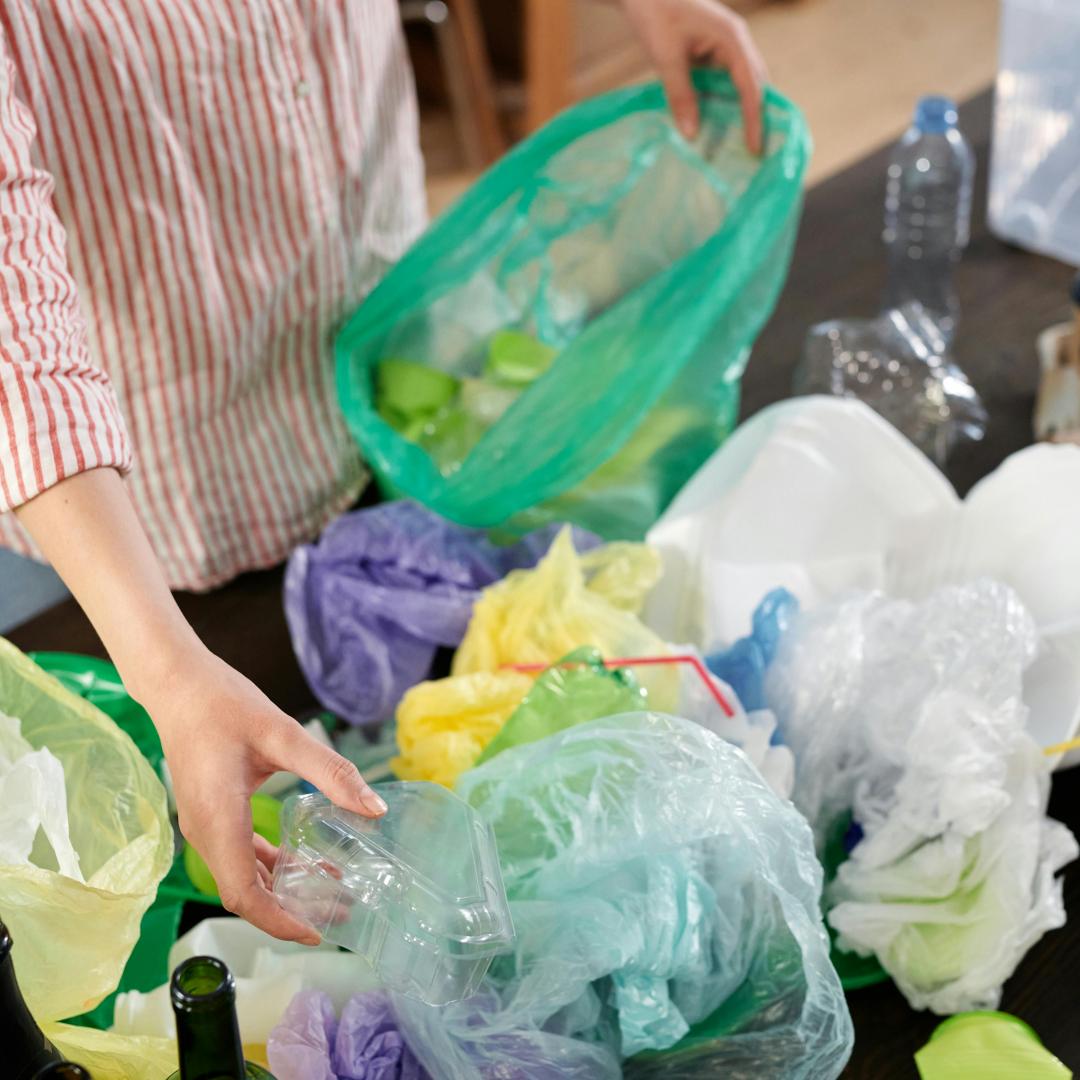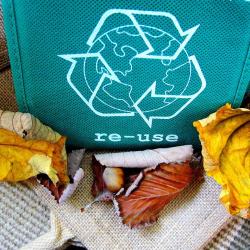How to Reduce Waste in Your Home: Practical Tips
The pressing issue of waste management is increasingly becoming a concern for households worldwide. As landfills overflow and environmental impact becomes more evident, many people are searching for ways to reduce waste in their homes. Not only does minimizing waste contribute positively to the environment, but it also promotes a more sustainable lifestyle. Here are some practical tips to help you reduce waste in your home.
- Embrace the 3 Rs: Reduce, Reuse, Recycle
The foundational principles of waste management are Reduce, Reuse, and Recycle. Begin by reducing your consumption. This could mean buying in bulk to reduce packaging waste or choosing products with minimal or recyclable packaging. Next, consider how you can reuse items instead of discarding them. Old jars can serve as storage containers, and worn clothing can be transformed into cleaning rags. Finally, recycling is essential for items that can't be reduced or reused. Familiarize yourself with local recycling guidelines to ensure proper disposal.
- Compost Kitchen Waste
A significant portion of household waste comes from food scraps. Composting is an effective method to reduce organic waste while enriching your garden soil. Set up a compost bin in your backyard or find a local community composting program. Composting not only reduces the amount of waste sent to landfills but also creates nutrient-rich soil for your plants.
- Opt for Reusable Products
Single-use products contribute enormously to household waste. Transition to reusable alternatives such as cloth shopping bags, stainless steel water bottles, and glass containers for food storage. By making a concerted effort to avoid single-use plastics, you can significantly cut down on waste and save money in the long run.
- Buy Secondhand and Donate
Before purchasing new items, explore secondhand options. Thrift stores, garage sales, and online marketplaces often offer high-quality goods at a fraction of the cost. Additionally, when you have items you no longer need, consider donating them instead of throwing them away. This helps reduce waste and supports a culture of reuse and sharing.
- Plan Your Meals
Food waste is a massive problem in many households. Combat this by planning your meals, making shopping lists, and sticking to them. Not only does this reduce food waste, but it also saves money and promotes healthier eating habits. Consider meal prepping and properly storing leftovers to ensure they are consumed rather than discarded.
- Use Smart Technology
Investing in smart technology can help reduce waste over time. Smart thermostats, for example, help optimize energy use, reducing your carbon footprint. Additionally, apps that track your pantry inventory can prevent over-purchasing and subsequent waste of perishable items.
- Educate and Involve the Family
A collective effort is essential in managing household waste effectively. Educate your family about the importance of waste reduction and involve them in the process. Set goals together, create a reward system for consistent waste reduction, and turn waste management into a household project.
Conclusion
Reducing waste in your home is not only beneficial for the environment, but it also promotes a more organized and cost-effective household. By incorporating these practical tips into your daily routine, you can make a significant impact on your environmental footprint. Start small, remain consistent, and before long, you'll see a reduction in your household waste and a positive change in your lifestyle. Remember, every action counts in creating a more sustainable world.






















